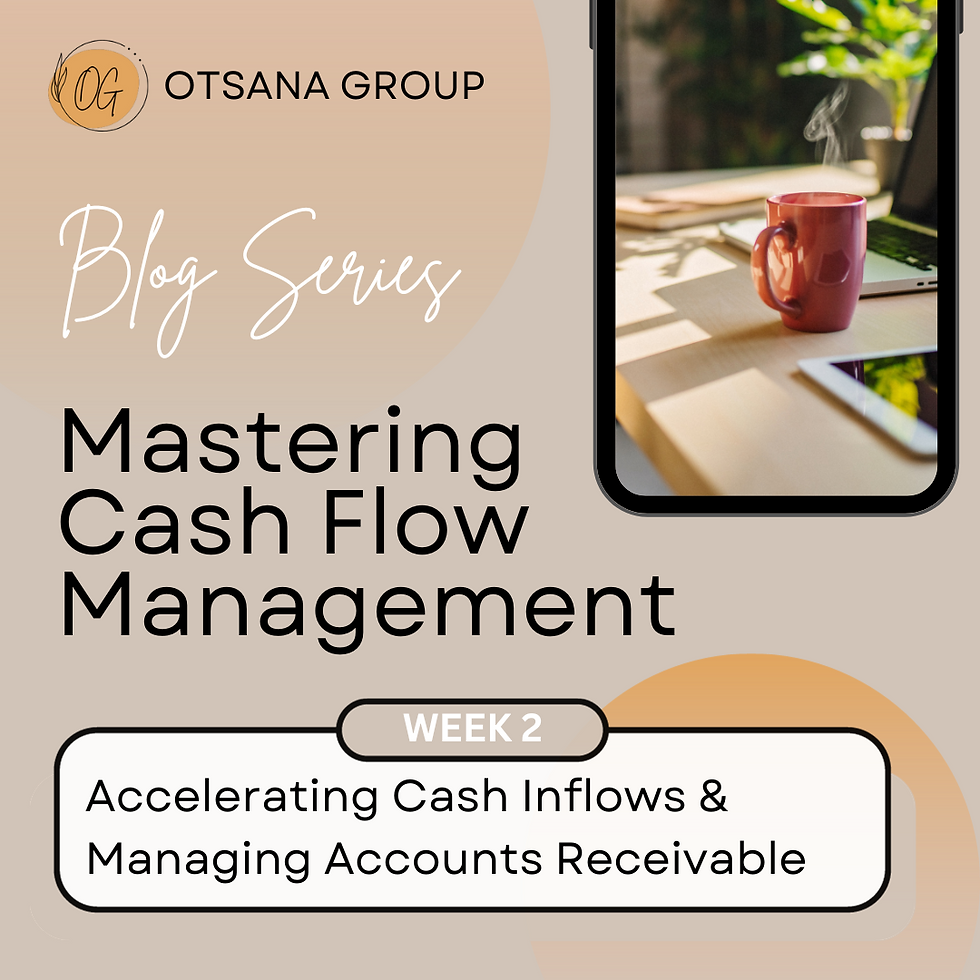Tax Tip Tuesday 📣: Attention homeowners!
- otsanagroup
- Sep 6, 2023
- 2 min read
Did you know that when you are selling your primary residence in Australia, you may be able to significantly reduce or eliminate your Capital Gains Tax (CGT) liability on the sale? 🏡✨
If you've lived in your home for most of the time you've owned it, you may be eligible for a full or partial main residence exemption. There are certain limits, but also rules that expand the exemption. Remember, keeping accurate records is key to ensuring you get the best tax outcome.
In Australia, if you sell your primary residence (main home), you may be eligible for the main residence exemption, which can significantly reduce or eliminate your Capital Gains Tax (CGT) liability on the sale. Here's how it works:
1. **Main Residence Exemption:** If you sell a property that was your main residence for the entire period you owned it, you generally won't have to pay CGT. However, if you're eligible for the exemption but you've used the property to produce income (for example, by renting it out), you might only be entitled to a partial exemption.
2. **Temporary Absences:** You can still qualify for the main residence exemption if you move out of your main residence and rent it out, as long as the property isn't used to produce income for more than six years. This is known as the "absence rule." This rule allows you to maintain the main residence exemption during temporary periods when you're not living in the property.
3. **Land Size Limit:** If your property is on a land larger than two hectares, you may have a reduced main residence exemption, however this can sometimes be managed by utilising a valuation for your property.
4. **Only One Main Residence:** You can only have one main residence for CGT purposes at any given time. If you own multiple properties, you'll need to choose which one is your main residence if you're eligible for the main residence exemption.
Our tip: Maintain thorough documentation for all of your property transactions even when you think the main residence exemption might apply. This can include the initial purchase documentation, property improvement receipts, holdings costs (i.e. interest on loans, rates and water bills) and any other relevant documents. While the exemption may apply, well organised records can help substantiate your claims and provide clarity if questions arise in the future.
CGT rules can be complex, and they can change over time. It's always a good idea to consult with a qualified accountant or tax professional who is knowledgeable about the most current rules to ensure you're making the right decisions for your specific situation. To find out more, contact us today!





Comments